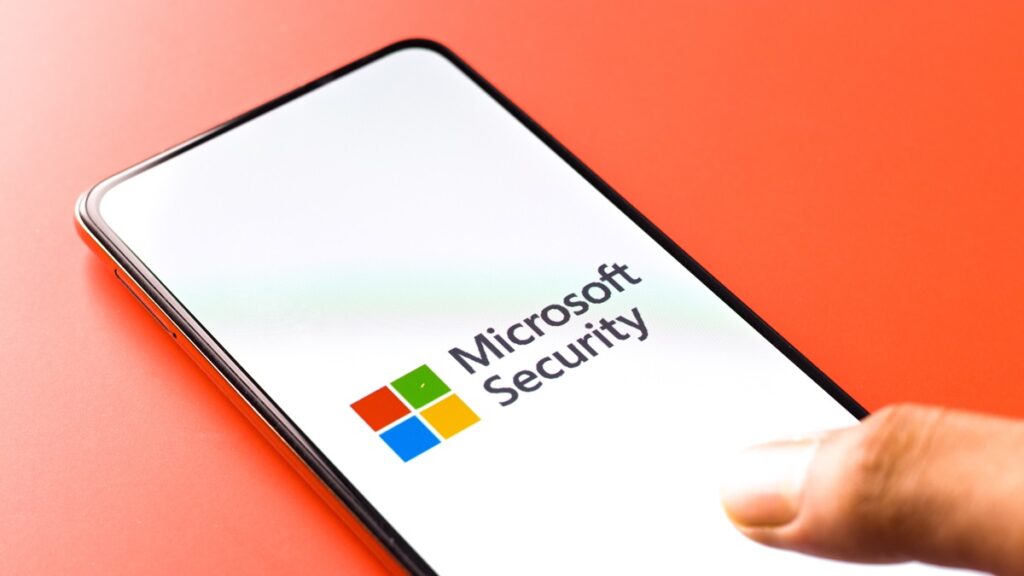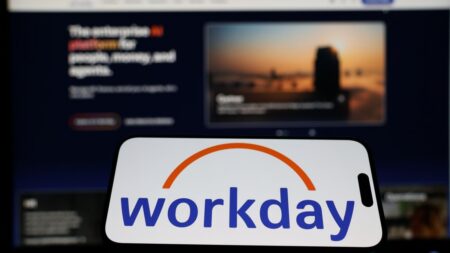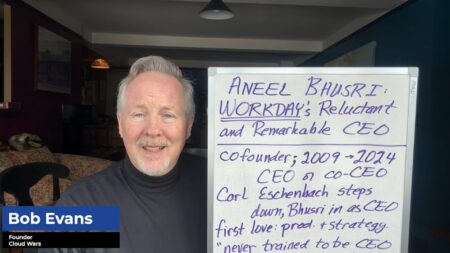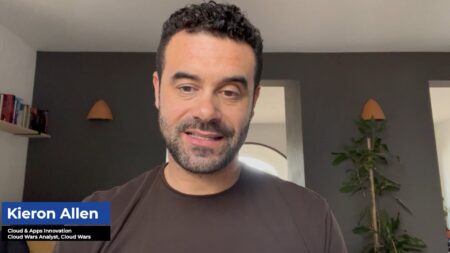
At over two and half hours in length, the opening keynote at this year’s Microsoft Ignite partner and developer conference was substantial. As you might expect, AI — particularly Copilot — constituted the bulk of the discussion. However, there was another topic that loomed large in the conversation: security.
During the keynote, Microsoft CEO Satya Nadella described security as something the company is “prioritizing above all else.” It’s a strong statement considering the security blunders that have plagued the company in recent months.
So, what’s new? How will it make an impact? And is it enough to swing the conversation away from cybersecurity and over to Copilot?
Core Updates
Nadella began by laying out the principles of Microsoft’s Secure Future Initiative — these being secure by design, secure by default, and secure operations — before moving on to announce the company’s latest security innovations.
Off the bat, the range of announcements around Microsoft security updates was massive.
Microsft Purview, the company’s data governance and compliance suite, is one platform that has been significantly updated. These updates include new data oversharing controls, malicious intent detection, prompt detection, alerts regarding misuse of protected material, and more. Ultimately, in the age of AI, Purview has taken on an even greater role, protecting fundamental data assets that serve as the building blocks fueling AI innovation.
Nadella said Microsoft is also launching its Zero Day Quest, the biggest security research event — or hackathon — in history. There will be $4 million on the table and the focus will be on Microsoft’s Cloud and AI products.
Microsoft is looking to its partners to help bolster the company’s security resilience. In one example, Dell Technologies will provide AI-powered Dell APEX Protection Services for Microsoft Azure to boost data protection and cyber resilience, accelerate data recovery, and implement data reduction measures.
Regarding Windows, the latest release of the operating system includes more than a dozen new security features, all of which are turned on by default. Most significantly, these include device encryption across all devices, the new Windows Resiliency Initiative, and Windows Hotpatch, which works across the entirety of a company’s Windows ecosystem to apply critical security updates without requiring a device restart.
Beyond this, point-in-time restore for Windows 365 enables users to instantly restore a cloud PC from its earliest state. Together, these measures are designed to protect mission-critical workloads. “We fundamentally recognize how mission-critical Windows is and we’re committed to first-class security and resilience as first-class priorities,” said Nadella.
Lessons Learned
Charlie Bell, Executive Vice President of Security, Compliance, Identity, and Management, is a well-known cybersecurity exec within Microsoft who took the stage during the opening keynote address. “AI transformation requires security transformation,” he explained before moving on to address the fallout from the recent Midnight Blizzard hack.
“What we at Microsoft experienced with Midnight — Blizzard was about as uncomfortable as it comes,” said Bell. “That said, the attack also provided a watershed of understanding of how an A-player bad actor will try to exploit an environment and what’s needed to defend today’s world of pre-planned, pre-staged, and high-speed lateral movement.”
Bell used the disaster as a jumping-off point to explain how Microsoft utilized its cutting-edge security tools and processes, namely an evolving attack graph, to carry out proactive defensive maneuvers in real time “Every day, we improve our security offerings to customers with what we learn as a cloud provider,” he said.
Acknowledging security flaws was an important part of this opening keynote, but equally important was the response to the lessons learned through them. Customers and partners listening in would have been no doubt thrilled to learn of the extent of security upgrades coming to every corner of the Microsoft ecosystem.
And these upgrades can’t come soon enough. While a core focus of Ignite 2024 is protecting the mission-critical data that will fuel AI innovation, for Microsoft, the success of these measures is fundamental to the company’s future — mission critical, you could say.
Ask Cloud Wars AI Agent about this analysis










